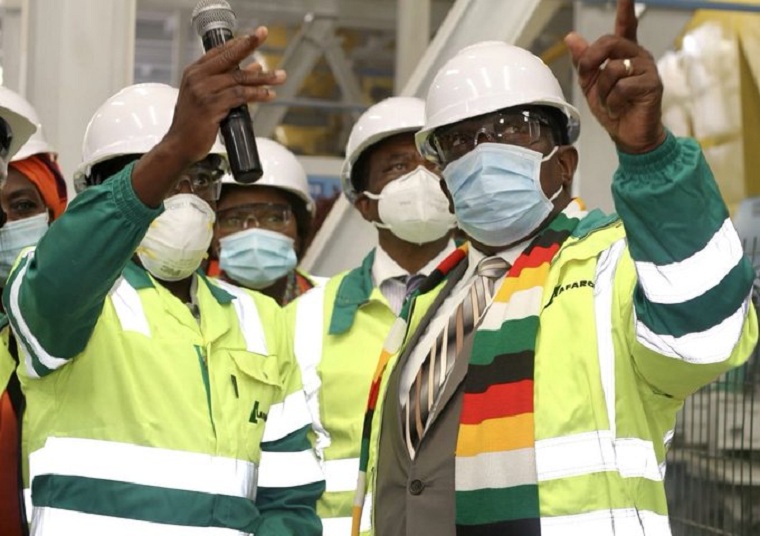The Rhodesia air attack on our farms at Mudzingadzi was thus very much in character with Rhodesian thinking and hostility towards African agriculture and food security.
Whatever setbacks, we still come back stronger.
Our broad agricultural recovery plan must be understood from that historical experience now so firmly internalised as to become our DNA.
We have always been a trading civilisation, right from our beginnings as a people.
Munhumutapa Empire traded with the Chinese, Phoenicians, roving Arabs from Oman and, much later, with Europeans, led by the Portuguese.
We are outward; never insular.
This outward, global outlook arose because we were a Mining Civilisation.
We mined gold, iron and copper.
We traded these across centuries.
History confirms that most mines currently in Zimbabwe, came from old workings traceable to our forebears who also recovered alluvial gold from our main rivers like Mazowe, Mupfure, Save and many others.
Gold dust would be kept and traded in quills.
We ran foundries, mvuto, and turned metals into weapons and agricultural implements.
Under the Second Republic, ZISCO will rise from ashes, singularly through our own efforts. The more than US$400m we currently spend on steel will be used in other needy areas.
Above all, we have always lived in harmony with our flora and fauna.
Early reports by missionaries who visited King Mzilikazi and King Lobengula admitted that trophy hunting and trading, themselves prerogatives of royalty then, carefully balanced harvesting and conservation of huge wild mammals which roamed our landscapes.
The Ndebele monarch even had a royal elephant herd.
To this day, we have the President’s herd of elephants, with our commercial hunting season following the calendar developed and set by the Ndebele Kingdom.
Our thinking, which crystallises into environmental institutions and practices comes from our rich history.
Key spiritual and cultural shrines and sites dotted around our country related to rain-making.
Agricultural to the bone, we knew the value of rain, and the art of rain-making.
We knew the value of wetlands, which we protected.
Political Power and rain-making skills interwove or, as in Ndebele culture, blended, reposed and resided in the person of the King.
Continued next page
(682 VIEWS)


